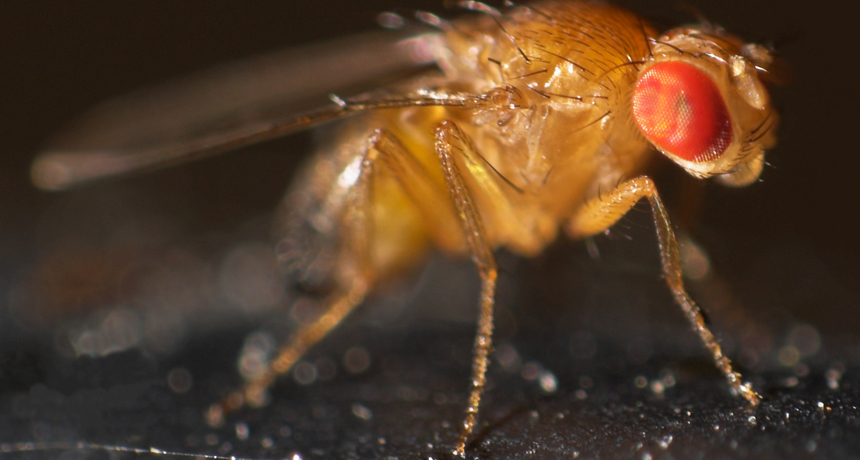Mold chemical linked to movement disorder

A mold-made chemical can cause Parkinson’s-like changes in the brains of fruit flies.
Thomas Wydra/Wikimedia Commons

A mold-made chemical can cause Parkinson’s-like changes in the brains of fruit flies.
Thomas Wydra/Wikimedia Commons